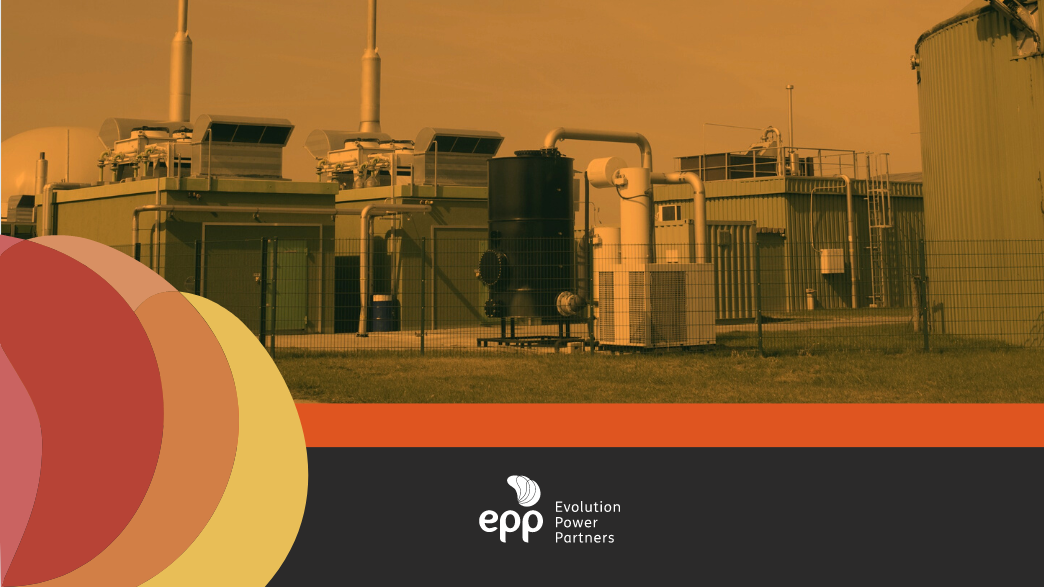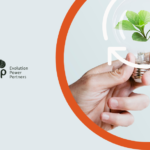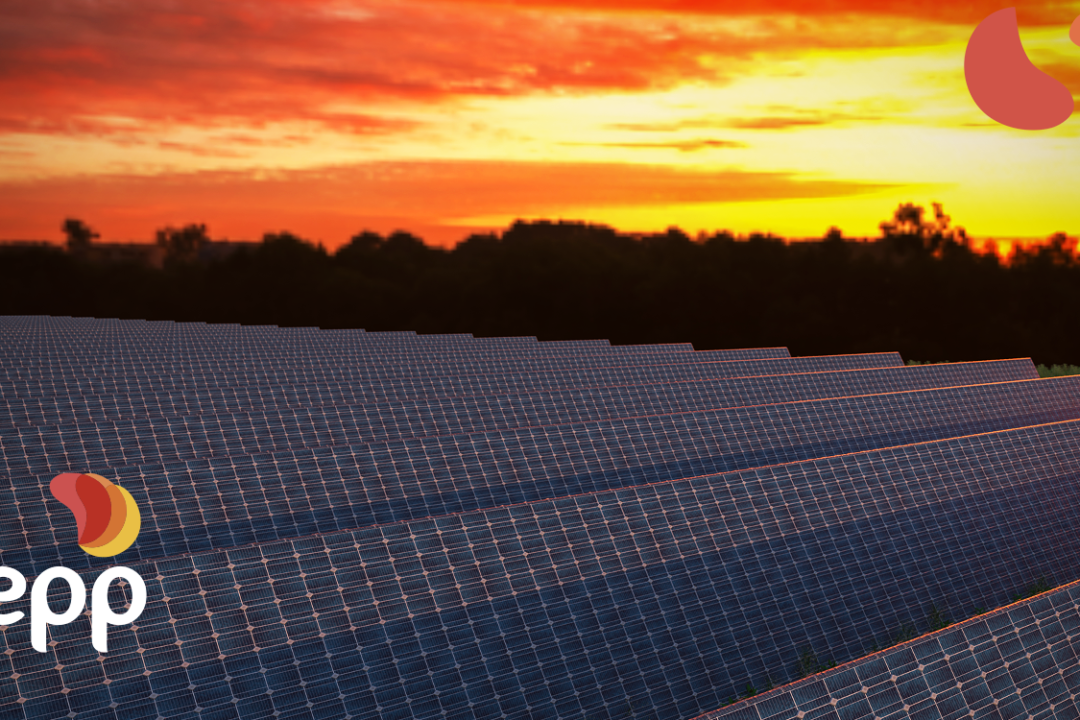Bioenergy is of fundamental importance in the energy transition, decarbonizing the matrix in the production of electricity and fuels.
The use of bioenergy has been increasing in Brazil and attracting investment thanks to its sustainable potential and for being a versatile source that can be used to replace traditional sources, such as oil, coal and natural gas.
Bioenergy is energy created from biomass. The product generated can be biodiesel, ethanol, biogas or biomethane and they can be used to produce electrical or thermal energy, as well as fuels.
In 2019, according to the International Energy Agency (IEA), bioenergy represented 9% of energy generation worldwide. For 2050, the expectation is that the model corresponds to almost 30% of the generation.
What is bioenergy?
Bioenergy is energy produced from biomass. Biomass is organic matter of plant or animal origin. Examples of plants include sugarcane bagasse, firewood and other agricultural residues. Animal biomass, on the other hand, is manure from cattle, swine and goats, and is an important element in the production of biogas, playing a key role in generating electricity in rural areas.
Thus, in addition to being a renewable resource and a cleaner source of energy production, bioenergy also helps to solve the problem of environmental liabilities, which is so common in agricultural production.
In general, bioenergy production can be divided into the following stages: biomass production; collection or harvest; pre-processing and storage; transport; storage after transport; conversion of biomass into energy in plants or biodigesters; energy transport and energy consumption.
Bioenergy has gained prominence in investments, as it is a model that causes less impact on the environment, facilitating the decarbonization of the matrix and the energy transition. Currently, only 14% of the world’s energy matrix comes from renewable sources, but in recent years countries have started to intensify investments in cleaner sources.
Brazil’s advantages with bioenergy
Brazil stands out when it comes to bioenergy. The sector has developed a lot in the country in the last two decades and continues with great growth potential. After all, the country is prominent in agriculture and livestock.
As much as the sector’s focus is on the production of inputs, sale and export, the applications are wide, especially when it comes to energy. Thus, many farms are already adapting and creating small plants to implement bioenergy in their processes.
In Brazil, bioenergy production is still concentrated in primary agricultural inputs, such as wood and sugarcane bagasse. But there is enormous potential for growth and investment in municipal solid waste (MSW) and animal waste.
EVA Energia operates in the distributed generation of renewable energy for companies of different sizes, offering sustainable solutions from its own biogas plants from sanitary landfills and swine farming. Together, they add up to about 20MW of installed capacity.
As a result, it is possible for the farms to become self-sustaining, with in-house energy use and biofuel generation for local cars. According to a study by the IEA (International Energy Agency), Brazil is already the third largest generator of renewable energy in the world, having a record ethanol production in December 2019.
Therefore, bioenergy in Brazil should gain more investments in the next ten years, making biomass a major player in the sector. As points that favor production are climatic conditions, water availability and the possibility of expansion, as agriculture advances. Adding this to technological advances, bioenergy will be an important model for the energy transition.
If you are interested in the subject of energy transition and want to know more about climate change, read our content on the blog.





